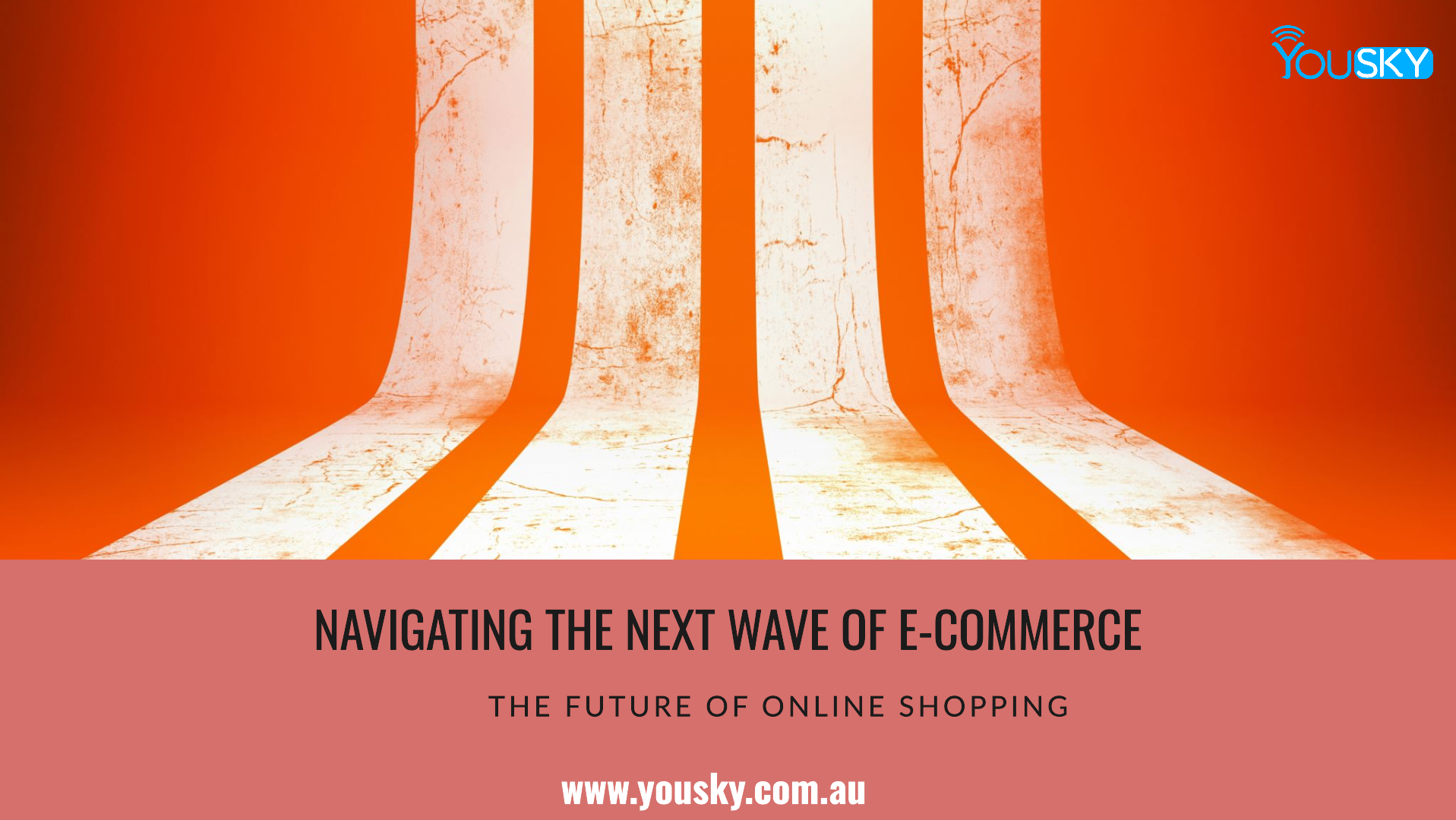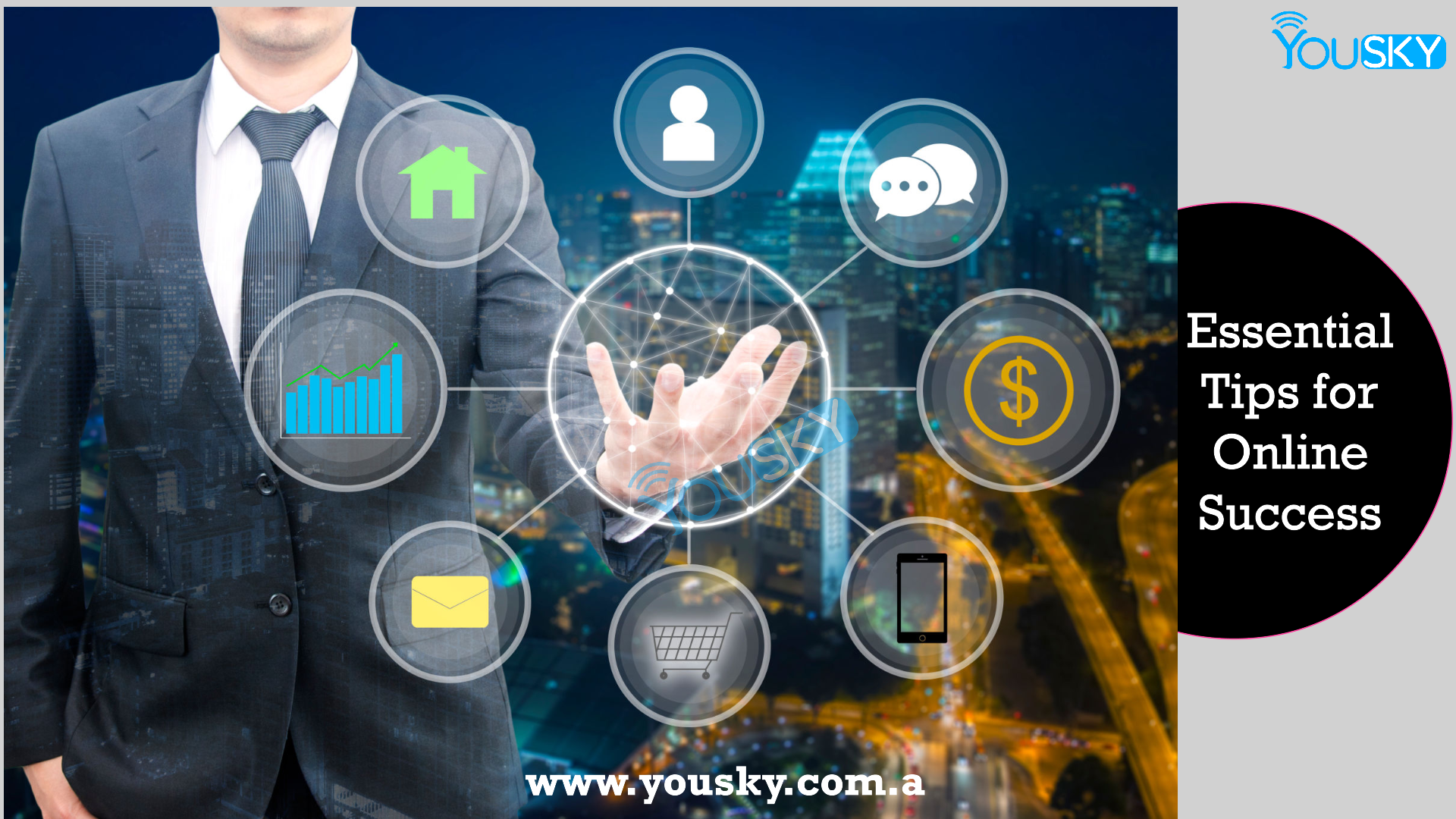
The e-commerce landscape is evolving at a pace that mirrors the rapid advancement of technology. As we move further into the 21st century, the future of e-commerce will be shaped by emerging technologies, shifting consumer behaviors, and innovative business models. This article explores the key trends and developments that will define the future of online retail.
1. Artificial Intelligence and Machine Learning
Artificial Intelligence (AI) and Machine Learning (ML) are revolutionizing e-commerce by providing personalized shopping experiences, optimizing supply chains, and enhancing customer service.
- Personalization: AI algorithms analyze customer data to offer personalized product recommendations, tailored marketing messages, and dynamic pricing strategies. This level of customization not only enhances the shopping experience but also increases conversion rates and customer loyalty.
- Chatbots and Virtual Assistants: AI-powered chatbots and virtual assistants provide instant customer support, handle inquiries, and facilitate transactions. These tools are becoming more sophisticated, offering seamless interactions that mimic human conversation.
- Predictive Analytics: ML models predict consumer trends, inventory needs, and potential market shifts. Retailers can use these insights to make data-driven decisions, reduce overstock or stockouts, and enhance overall efficiency.
2. Augmented Reality and Virtual Reality
Augmented Reality (AR) and Virtual Reality (VR) are transforming how consumers interact with products online, bridging the gap between physical and digital shopping experiences.
- Virtual Try-Ons: AR enables customers to visualize how products like clothing, accessories, and furniture will look in real life. This technology reduces the uncertainty of online purchases and lowers return rates.
- Immersive Shopping Experiences: VR creates immersive shopping environments where customers can explore virtual stores, engage with products, and experience brands in a novel way. This can particularly enhance the appeal of high-end and luxury brands.
3. Voice Commerce
Voice-activated shopping, powered by virtual assistants like Amazon’s Alexa, Google Assistant, and Apple’s Siri, is poised to become a significant channel in e-commerce.
- Convenience: Voice commerce allows consumers to make purchases, track orders, and discover new products through simple voice commands. This hands-free convenience is particularly appealing in today’s fast-paced world.
- Integration with Smart Home Devices: As smart home technology becomes more prevalent, voice commerce will integrate seamlessly with other devices, creating a cohesive and intuitive shopping ecosystem.
4. Blockchain and Cryptocurrencies
Blockchain technology and cryptocurrencies are set to disrupt traditional e-commerce models by enhancing security, transparency, and efficiency.
- Secure Transactions: Blockchain’s decentralized nature ensures secure, tamper-proof transactions, reducing fraud and increasing consumer trust.
- Cryptocurrency Payments: Accepting cryptocurrencies as payment methods can attract a new segment of tech-savvy consumers and provide faster, cheaper international transactions.
- Supply Chain Transparency: Blockchain can track products from manufacture to delivery, offering transparency and ensuring authenticity, which is particularly valuable for high-value goods and perishable items.
5. Sustainability and Ethical Shopping
Consumers are increasingly conscious of the environmental and ethical impact of their purchases, pushing e-commerce companies to adopt more sustainable practices.
- Eco-friendly Products: There is a growing demand for products that are sustainably sourced, ethically produced, and environmentally friendly. Retailers are responding by offering greener options and highlighting their sustainability initiatives.
- Sustainable Logistics: Innovations in packaging, shipping, and delivery methods aim to reduce carbon footprints. Electric delivery vehicles, biodegradable packaging, and carbon offset programs are becoming more common.
6. Omni-channel Retailing
The future of e-commerce is not purely digital but a seamless integration of online and offline experiences.
- Unified Customer Experience: Omni-channel retailing ensures a consistent and integrated customer experience across all touchpoints, whether online, in-store, or through mobile apps.
- Click-and-Collect Services: Combining the convenience of online shopping with the immediacy of in-store pickup, click-and-collect services are gaining popularity, reducing delivery costs and wait times.
7. Social Commerce
Social media platforms are becoming powerful e-commerce channels, leveraging their vast user bases and engagement levels.
- Shoppable Posts: Platforms like Instagram, Facebook, and Pinterest allow users to purchase products directly from posts, stories, and ads. This streamlines the buying process and capitalizes on impulse purchases.
- Influencer Partnerships: Collaborating with influencers helps brands reach niche audiences and build credibility. Authentic endorsements can drive significant traffic and sales.
8. Subscription Models
Subscription-based e-commerce models are growing, providing consumers with convenience, personalization, and cost savings.
- Curated Boxes: Personalized subscription boxes offer curated selections of products, from beauty supplies to gourmet foods, tailored to individual preferences.
- Service Subscriptions: Beyond physical products, subscription services for digital content, software, and even car rentals are gaining traction, reflecting a shift towards the “subscription economy.”
Conclusion
The future of e-commerce is a dynamic fusion of technology, convenience, and personalized experiences. Businesses that stay ahead of these trends and adapt to the evolving digital landscape will not only survive but thrive. By leveraging AI, AR, voice commerce, blockchain, and other emerging technologies, retailers can create engaging, secure, and sustainable shopping experiences that meet the demands of the modern consumer. As e-commerce continues to grow, its ability to innovate and integrate will be the key to unlocking new opportunities and driving future success.
Yousky stands at the forefront of e-commerce innovation, offering a comprehensive suite of tools and solutions designed to help businesses navigate and excel in the rapidly evolving digital landscape. With advanced AI-driven personalization, seamless integration of AR and VR technologies, and robust support for voice commerce and blockchain transactions, Yousky enables retailers to provide exceptional, cutting-edge customer experiences. Additionally, Yousky’s commitment to sustainability and ethical shopping practices helps businesses align with the growing consumer demand for eco-friendly options. By partnering with Yousky, businesses can leverage state-of-the-art technology to streamline operations, enhance customer engagement, and drive sustainable growth in the future of e-commerce. Contact Yousky to explore further.


